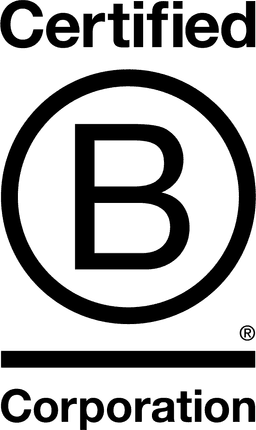

Hi Boop! Inc

1.6
British Columbia, Canada
November 2025
Diagnostic services
Service with Minor Environmental Footprint
Canada
HiBoop helps clinics deliver better mental health care by giving them a simple way to run intakes, assessments, and ongoing outcome measures. The platform uses machine learning to support fast, accurate scoring of validated scales and makes it easier for providers to understand patient progress over time. Clinics use HiBoop to reduce bottlenecks, shorten waitlists, and support more people without burning out their staff. Our goal is to make mental health assessments accessible to everyone. We start with clinicians so the work is validated in real care settings, then build toward a public version that will help individuals understand their own needs and find help sooner. As a Living Wage Employer committed to stakeholder governance, we believe business can be a force for healing. Every assessment we automate, every minute we save clinicians, and every barrier we remove brings us closer to our vision: mental health resources that are accessible, accurate, and actionable for everyone who needs them.
Overall B Impact Score
Governance 14.4
Governance evaluates a company's overall mission, engagement around its social/environmental impact, ethics, and transparency. This section also evaluates the ability of a company to protect their mission and formally consider stakeholders in decision making through their corporate structure (e.g. benefit corporation) or corporate governing documents.
What is this? A company with an Impact Business Model is intentionally designed to create a specific positive outcome for one of its stakeholders - such as workers, community, environment, or customers.
Workers 37.6
Workers evaluates a company’s contributions to its employees’ financial security, health & safety, wellness, career development, and engagement & satisfaction. In addition, this section recognizes business models designed to benefit workers, such as companies that are at least 40% owned by non-executive employees and those that have workforce development programs to support individuals with barriers to employment.
Community 20.1
Community evaluates a company’s engagement with and impact on the communities in which it operates, hires from, and sources from. Topics include diversity, equity & inclusion, economic impact, civic engagement, charitable giving, and supply chain management. In addition, this section recognizes business models that are designed to address specific community-oriented problems, such as poverty alleviation through fair trade sourcing or distribution via microenterprises, producer cooperative models, locally focused economic development, and formal charitable giving commitments.
Environment 7.5
Environment evaluates a company’s overall environmental management practices as well as its impact on the air, climate, water, land, and biodiversity. This includes the direct impact of a company’s operations and, when applicable its supply chain and distribution channels. This section also recognizes companies with environmentally innovative production processes and those that sell products or services that have a positive environmental impact. Some examples might include products and services that create renewable energy, reduce consumption or waste, conserve land or wildlife, provide less toxic alternatives to the market, or educate people about environmental problems.
Customers 4.3
Customers evaluates a company’s stewardship of its customers through the quality of its products and services, ethical marketing, data privacy and security, and feedback channels. In addition, this section recognizes products or services that are designed to address a particular social problem for or through its customers, such as health or educational products, arts & media products, serving underserved customers/clients, and services that improve the social impact of other businesses or organizations.